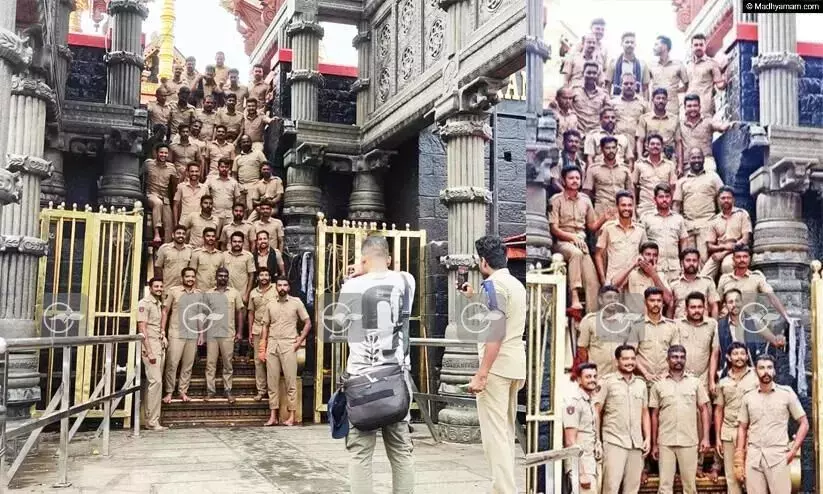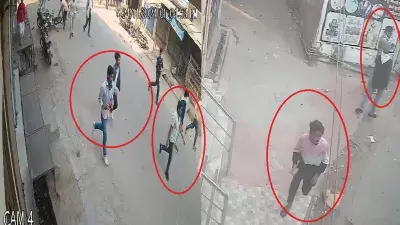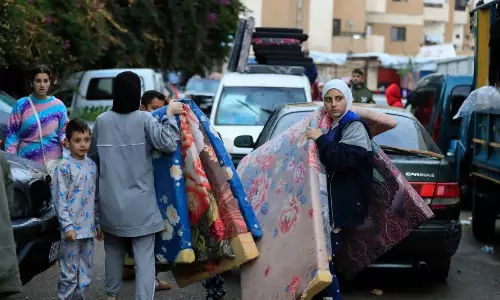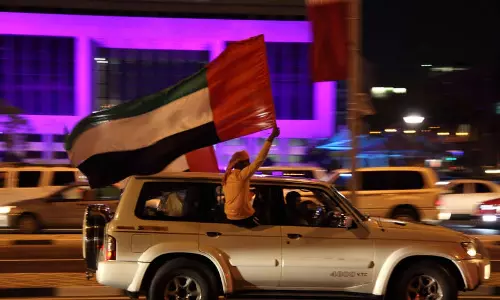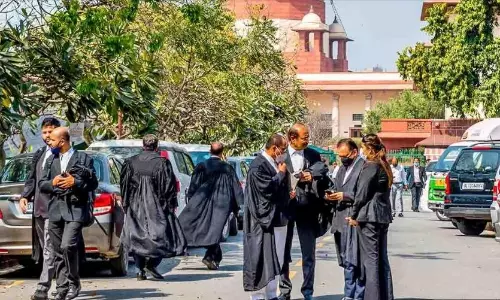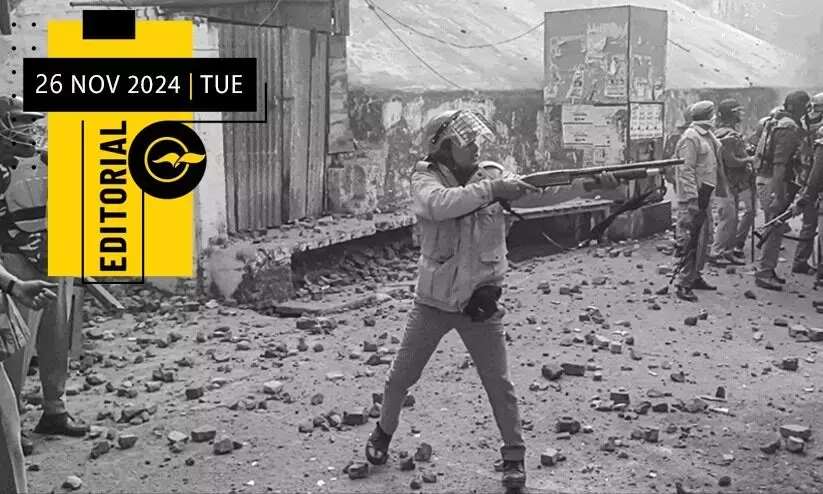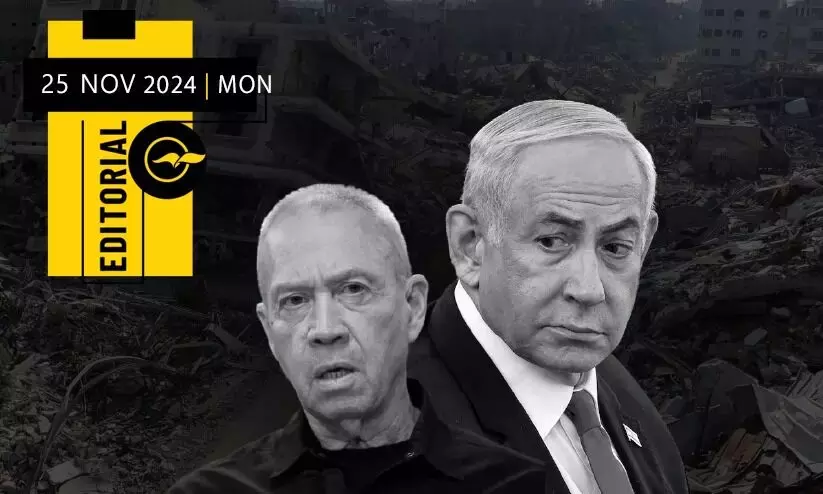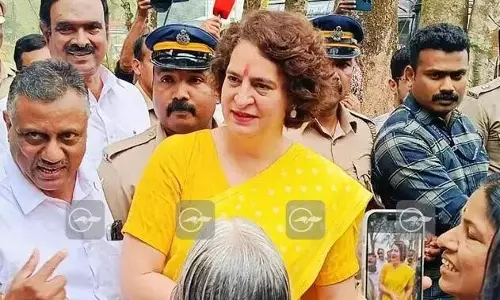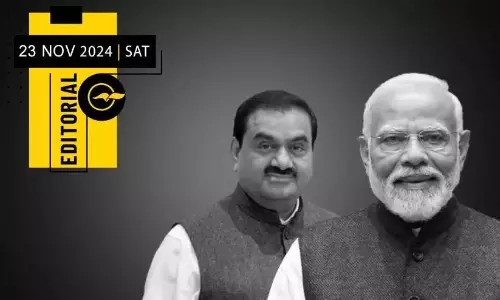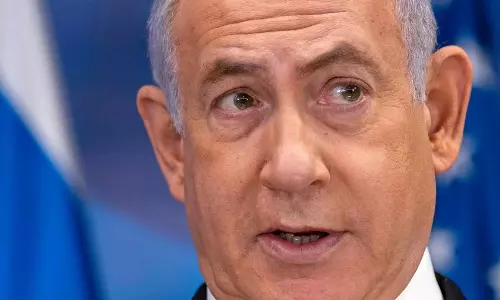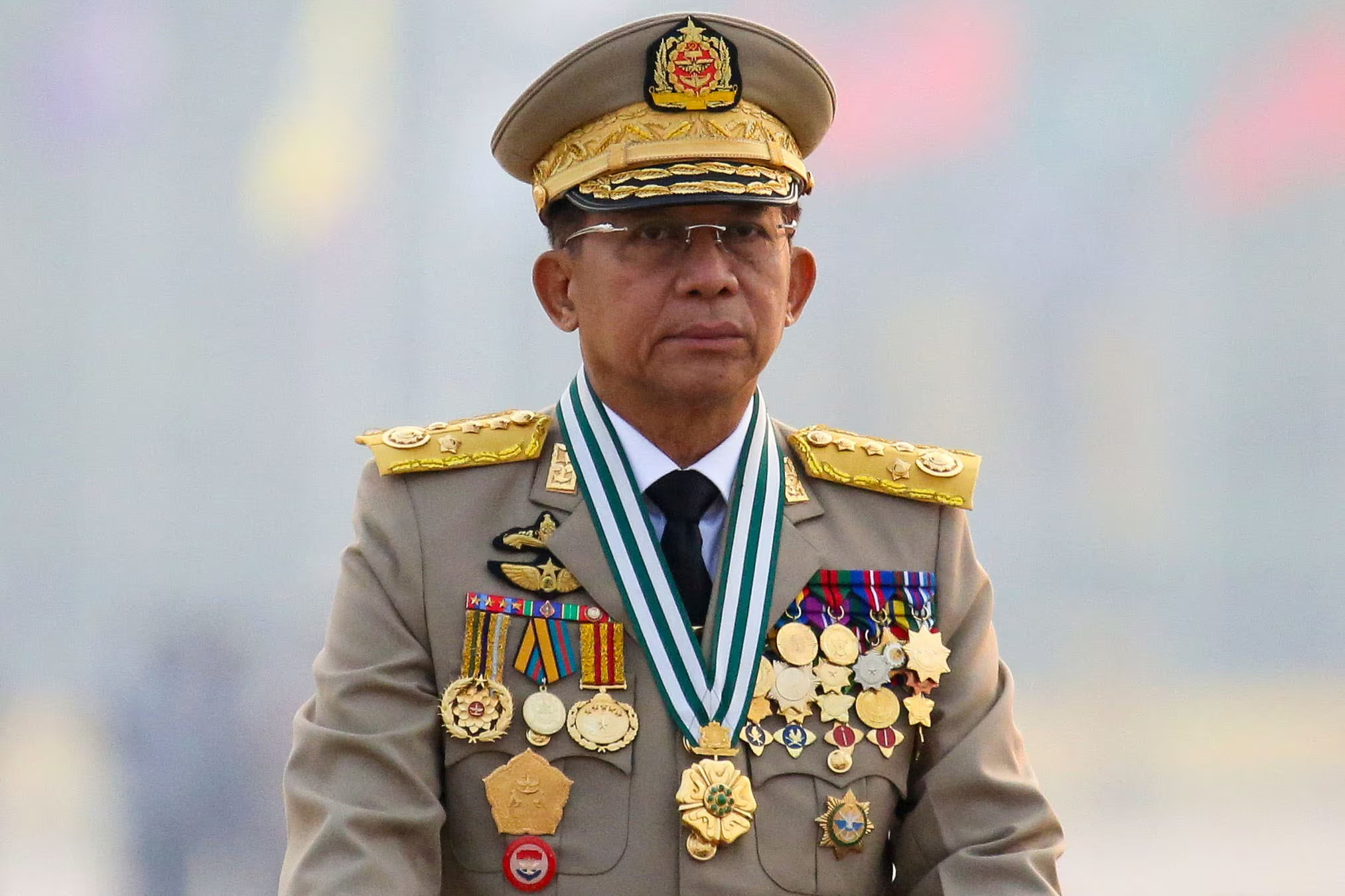
ICC seeks arrest of Myanmar’s military chief over Rohingya atrocities
text_fieldsMyanmar's junta chief Senior General Min Aung Hlaing
The Hague: The prosecutor of the International Criminal Court (ICC) announced on Wednesday that he will seek an arrest warrant for Myanmar’s military leader, Senior General Min Aung Hlaing, for crimes against humanity related to the persecution of the Rohingya Muslim minority.
The ICC prosecutor’s office confirmed that the request for an arrest warrant comes after extensive and impartial investigations into the alleged atrocities committed by the Myanmar military under Hlaing's leadership. The prosecutor is seeking to hold Hlaing responsible for the deportation and persecution of the Rohingya people, a campaign that has led to the mass displacement of over 730,000 individuals to neighboring Bangladesh.
The case is now before a panel of three judges, who will decide if there are “reasonable grounds” to believe that General Min Aung Hlaing bears criminal responsibility for the crimes. While there is no set timeline for the decision, it generally takes around three months for the judges to rule on issuing an arrest warrant.
The prosecutor’s statement emphasized that this is the first application for an arrest warrant against a high-ranking official of Myanmar's military regime. Further applications for arrest warrants are expected as the investigation into the violence continues.
The violence began in August 2017 when Myanmar's military launched a brutal crackdown on the Rohingya, which the United Nations has described as being carried out with “genocidal intent.” U.N. investigators documented widespread killings, mass rapes, and the burning of Rohingya villages. Myanmar’s government, however, denies accusations of genocide, asserting that its military operations were aimed at targeting "terrorists" rather than civilians.
While Myanmar is not a member of the ICC, the court’s jurisdiction extends to crimes committed in Bangladesh, which is an ICC member state. The court ruled in 2018 and 2019 that it had jurisdiction over crimes committed against the Rohingya, as their forced deportation involved crossing the border into Bangladesh.
The move to seek an arrest warrant against Min Aung Hlaing is a significant step in the ICC’s efforts to hold Myanmar’s military leaders accountable for their role in the persecution of the Rohingya. The court has also opened a formal investigation into these crimes, with the prosecutor vowing that more warrants will follow as the case develops.
With PTI inputs




